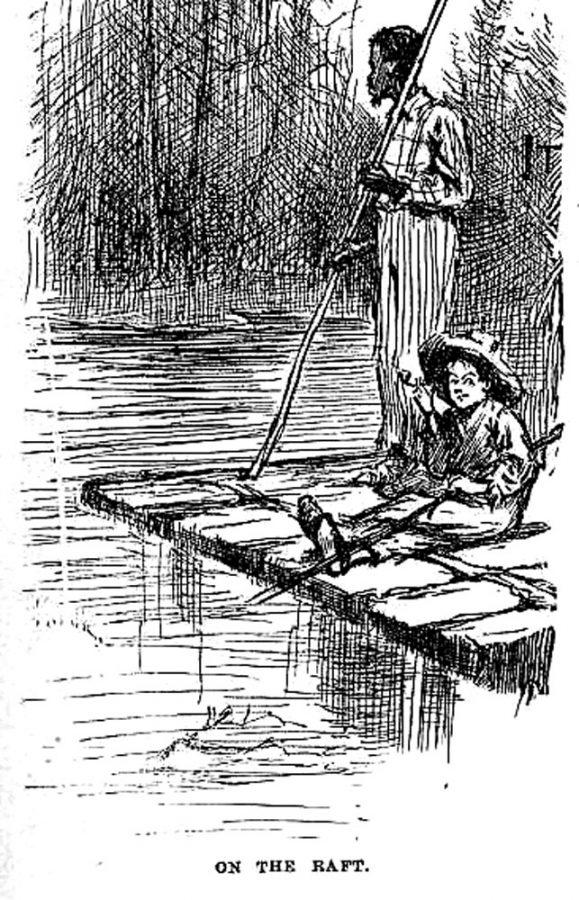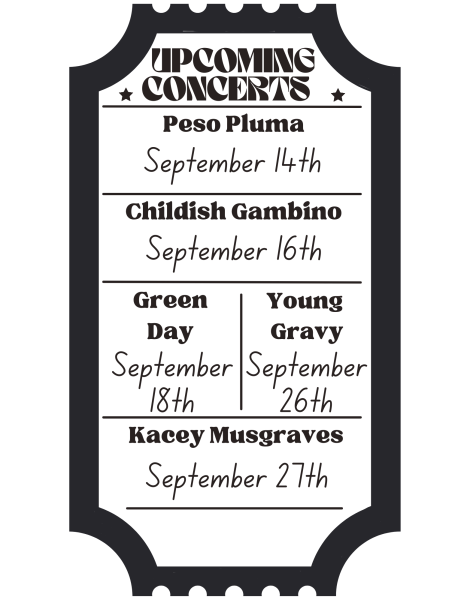“The Adventures of Huckleberry Finn” still sparks discussion
A scene from “The Adventures of Huckleberry Finn” which shows main characters Huck and Jim traveling on a raft.
Controversy surrounding a junior required read, “The Adventures of Huckleberry Finn,” has made Perry students ponder if it should remain a staple in high school literature.
When the novel was first published in 1884, it was banned, censored, and criticized by the public. Now found in public school systems across the nation, it continues to spark controversy because of its frequently-mentioned racial slurs.
The debate of the novel and its appropriateness for school was addressed here in Arizona in 1998, with the Monteiro v. the Tempe Union High School district court case. The Monteiro family sued the Tempe school district, seeking to remove “Huckleberry Finn” from the required reading list. The court eventually ruled that “Huckleberry Finn” should remain a fundamental piece of writing in high school reading material, and dismissed Monteiro’s claim that the novel had increased the use of racial slurs in the educational environment.
Principal Dan Serrano and English teacher Cindy Pino were staff members at McClintock High School during the Monteiro case. Serrano, who was an assistant principal at the time, reflects on the whole situation stating, “I think that incident changed how schools looked at providing kids with an alternative.”
Pino, who was the replacement for the freshmen English teacher primarily involved with the Monteiros, agrees with Serrano in the way that schools should now handle controversial topics.
“You have to get feedback, you have to lay the groundwork, and you have to provide alternative [reading] if someone feels uncomfortable,” she said.
According to a PHS Precedent Twitter poll, 23 percent of the 55 students that voted consider the topics in “Huckleberry Finn” not school appropriate, while 77 percent of the other voters do.
Chrissy Feller, a junior currently enrolled in an AP English class who sides with the 77 percent in the poll, considers the word choice in the novel a possible learning experience to reflect on.
“Most high school students don’t understand the vocabulary and the use of specific words that we have in just normal society now actually were derogatory at one point. And I feel like that’s important to know about our history,” Feller stated.
So, while “Huckleberry Finn” contains sensitive material and should be handled accordingly, it is important to remember that author Mark Twain’s goal was to satirize the American south in a pre-Civil war era, not to offend the any part of the public.

Lauren Neilsen is a senior at Perry and is excited for her second year in newspaper. This year, Lauren is the A&E Editor and the Speech and Debate...





